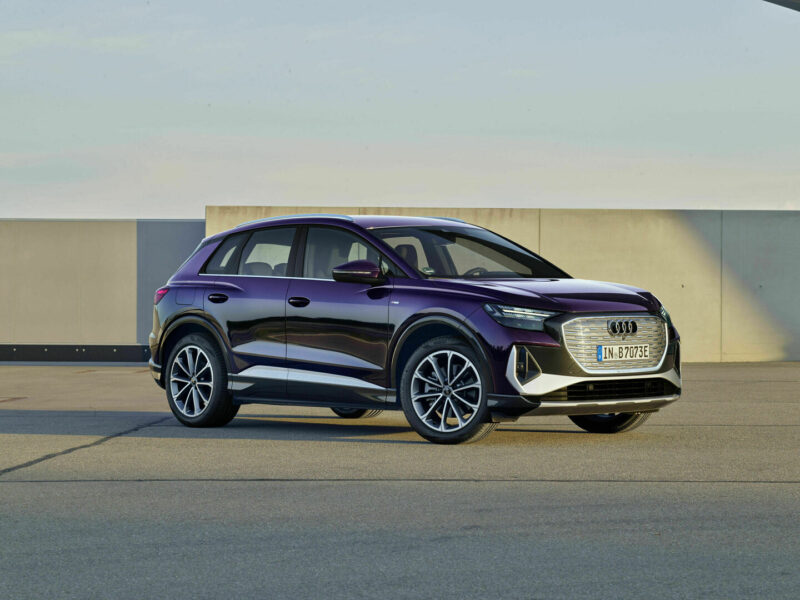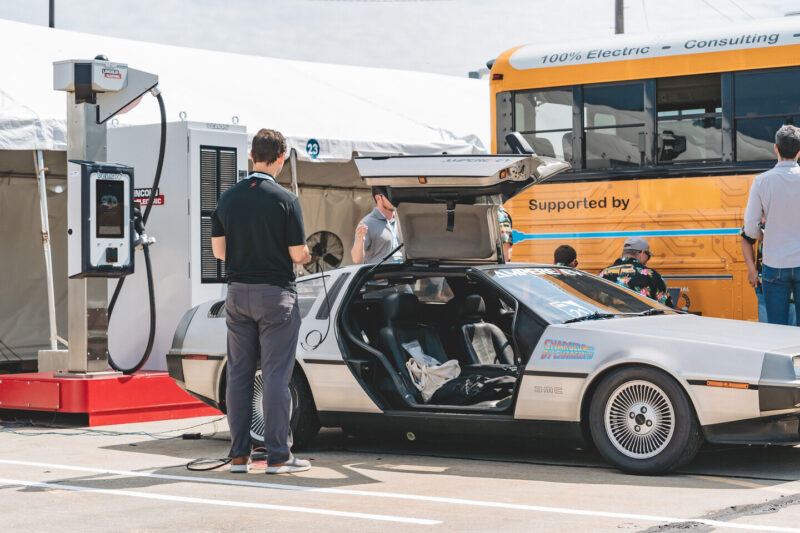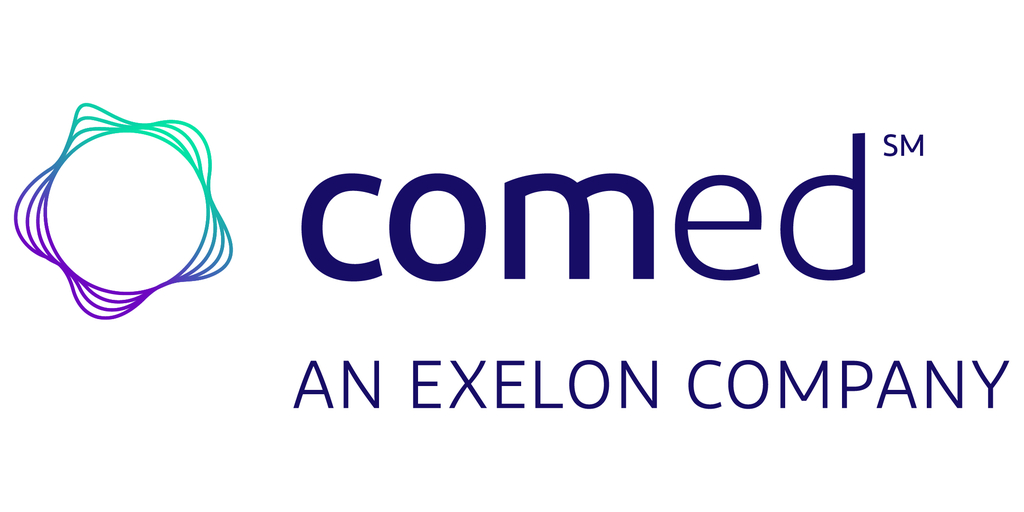Sign up for daily news updates from CleanTechnica on email. Or follow us on Google News!
So much cleantech news, so little time. Here are more cleantech stories from the past week you might want to read.
The Volkswagen ID.4 is a popular vehicle among American and European families. However, Volkswagen has introduced the avant-garde E-SUV coupé, the ID. UNYX, to China, targeting a younger demographic in the country’s metropolises. The ID. UNYX is Volkswagen’s most recent iteration of intelligently networked cars.
Farasis Energy has developed power batteries with strong temperature adaptability. This battery type can function properly between -30°C and 65°C. A single battery cell may cycle 2500 times with SOH > 70% in an environment of 25°C, or 1500 times with SOH > 70% in an environment of 45°C. They show extremely stable high-rate discharge, do not mind high temperatures, and only experience a 5°C increase in temperature in a single battery cell.
Businesses in California can now purchase the Ford Pro Smart Charging Bundle, a new program designed to make it simpler for companies to expand their fleet of electric vehicles. Businesses that subscribe to Ford Pro Charging software can receive a free Ford Pro Level 2 EV charger as part of the bundle, which also provides them with comprehensive energy management tools to automate demand response to grid events, reporting, and the management of Low Carbon Fuel Standard carbon credits for clients.
Electric air travel has distinct issues — electric airplane batteries. This month, Berkeley Lab and new research are pushing the boundaries of technology to help progress electric aviation. As opposed to electric car batteries, which prefer continuous energy over long distances, electric airplane batteries have the unique challenge of having high power requirements for takeoff and landing paired with high energy density for prolonged flight.
Harvard Business School shares an investigation, The state of EV charging in America: Harvard research shows chargers 78% reliable and pricing like the ‘Wild West.’ The study found that EV drivers are dissatisfied with EV charging station pricing. Car charging is, in fact, opaque and unregulated — likening the situation to the “Wild West.”
Meanwhile, “Research conducted by Asensio and his colleagues in 2021 found that charging station hosts, in the absence of regulation, have no incentive to share data — and they don’t. Station hosts are typically privately owned, highly decentralized, not well-monitored, and have highly varied patterns of demand and pricing.”
More info on these stories and links to the news releases are below.
- Intelligently networked avant-garde: electrically powered E-SUV coupé ID. UNYX is the first model from the new Volkswagen sub-brand of the same name exclusively for China
- Avatar on board: progressively designed ID. UNYX goes into series production as the first Volkswagen with an AI-supported and personalisable 3D avatar as an assistant
- Exclusive sales structure: ID. UNYX will be offered in specially designed stores for lifestyle-oriented customers in China’s metropolises
- ID. UNYX is the first model from the new Smart E-Mobility Hub in Hefei

- Battery capacity of 55 kWh (52 kWh net) enables a range of up to 365 kilometers; 125 kW (170 hp) ensures superior driving performance
- An integrated app store provides access to popular third-party apps; regular updates guarantee they are always up-to-date
- The base price of 45,600 euros includes extensive equipment as standard
Batteries

Andreas Gorbach: “The opening of our Battery Technology Center is an important step in terms of electrifying our product portfolio – and yet another milestone in the history of innovation at the Mannheim plant. We have decided to take care of the assembly of the future battery generation ourselves and thus keep important added value in-house. In and for Europe, we will do this at the Mercedes-Benz plant in Mannheim and thereby further strengthen the future of the location.”
Farasis Energy unveils breakthrough in million-mile battery technology
“Farasis Energy proudly announces the successful testing of its revolutionary battery cells, marking a significant milestone in the quest for a million-mile battery—a feat achieved by only a few companies worldwide.
“Achieving a million-mile battery requires cycling the cell over 5000 times, a process that takes 24 to 36 months of accelerated testing. Farasis Energy has rigorously tested its NCM chemistry cells, the P75 and P73, to evaluate their cyclic and calendar aging characteristics. These cells, developed since 2018, have undergone extensive testing and analysis, leading our engineers to confidently assert that battery packs using these cells can last a million miles over 15 years while retaining over 70% of their capacity.”

“According to tests conducted in Farasis Energy’s laboratory, batteries have achieved over 5000 cycles with SOH 70%, total driving mileage exceeding 1 million miles (1.6 million kilometers). This technology can be widely applied in passenger cars, commercial vehicles, eVTOL, buses, coaches, and other fields, significantly enhancing battery durability, improving operational efficiency, and reducing user costs. Farasis Energy specially developed power batteries with strong temperature adaptability.”
onsemi accelerates silicon carbide innovation to power the transition to electrification
- Latest generation EliteSiC M3e MOSFETs decrease turn-off losses by up to 50% for electrification applications
- Platform uniquely achieves a reduction in both conduction and switching losses on the field-proven planar architecture
- When combined with onsemi’s portfolio of intelligent power products, the EliteSiC M3e can deliver further optimized system solutions and reduce time-to-market
- onsemi unveiled plans to introduce multiple future generations of silicon carbide at an accelerated pace through 2030
EV Charging
Ford Pro rolls out complimentary EV chargers to California businesses
Kempower powers Belgium’s first full-service EV fast-charging network with Storm and Q8

“As part of a global event series presented by CharIN, the conference and Testival was hosted by Lincoln Electric in Cleveland, Ohio and was the largest held to date, with 22 vehicle platforms and 23 EVSEs working together to enhance performance and interoperability between vehicles and charging equipment.”
ChargePoint extends leadership in NEVI-funded EV fast charging awards
Electric Aviation
Biological science helps fuel the future of electric air travel
In a new study in the journal Joule, a team of researchers led by the Department of Energy’s Lawrence Berkeley National Laboratory (Berkeley Lab) used omics techniques to study the intricate interactions within the anode, cathode, and electrolyte of electric aircraft batteries. One of the most significant findings was the discovery that certain salts mixed into the battery electrolyte formed a protective coating on cathode particles, making them far more resistant to corrosion, thereby enhancing battery life.

“Vertica Aerospace (Vertical) (NYSE: EVTL), a global aerospace and technology company that is pioneering zero emissions aviation, today unveiled its next generation full-scale VX4 prototype, the only electric take-off and landing vehicle (eVTOL) designed, built and assembled in the UK.”
“First use of Vertical’s powerful proprietary battery technology, designed and built in the Vertical Energy Centre, with rapid charging and capable of cruise speeds of up to 150mph.”
Saudia group signs largest global agreement with Lilium to acquire up to 100 eVTOL jets
Solar & Wind
First Solar commissions Western Hemisphere’s largest solar R&D center
“First Solar, Inc. (Nasdaq: FSLR) today commissioned a new research and development (R&D) innovation center in Lake Township, Ohio, believed to be the largest facility of its kind in the Western Hemisphere. The Jim Nolan Center for Solar Innovation is dedicated to the late James ‘Jim’ F. Nolan, a former member of First Solar’s Board of Directors and the architect of the company’s cadmium telluride (CdTe) semiconductor platform.
“Thin films are the next technological battleground for the solar industry because they are key to commercializing tandem devices, which are anticipated to be the next disruption in photovoltaics.”
WETO selects 4 small businesses to revolutionize wind energy innovations
The WETO projects selected include:
Integrated Marine Buoys for Real-Time Passive Acoustic Monitoring of Birds, Bats, And Whales Using Neural Networks
Loggerhead Instruments Inc. (Sarasota, FL) will develop buoys equipped with sensors that use neural networks capable of identifying North Atlantic Right Whales (NARW) and migrating birds and bats in real-time, allowing safer construction and operation of windfarms.
Integrated Fishing and Marine Mammal Monitoring and Protections System
Scientific Solutions, Inc. (Portland, ME) will equip fishing boats with sensors to gather detailed data about the ocean and marine life. This data will help create accurate models for ocean and acoustic conditions. The system will also assess the impact of wind energy projects, support tidal energy development, prevent whale entanglements and ship strikes, and improve undersea monitoring, transforming how we manage and protect coastal oceans.
Novel Avian and Bat Species Identification System for Offshore Wind Energy Wildlife Risk Assessments
Sightir Inc. (Santa Barbara, California) will help government agencies and wind energy developers approve, build, and operate offshore wind energy facilities that are less harmful to endangered birds and bats.
WETO and the Office of Electricity selected the following STTR project:
Compact Sodium Battery-based Energy Storage System for Integration with Wind Energy
Adena Power, LLC (Lewis Center, OH) in partnership with The Ohio State University (OSU) and Accelerate Wind this system will advance the technical readiness of Adena’s sodium solid-state battery technology and assess the technical and economic viability of integrating it with wind energy assets to create a hybrid wind-storage system. For more information about DOE’s SBIR and STTR programs, visit the Programs Office website.
More information about the projects announced today is available at the following link: https://science.osti.gov/sbir/awards/.
Have a tip for CleanTechnica? Want to advertise? Want to suggest a guest for our CleanTech Talk podcast? Contact us here.
Latest CleanTechnica.TV Videos
CleanTechnica uses affiliate links. See our policy here.
CleanTechnica’s Comment Policy





